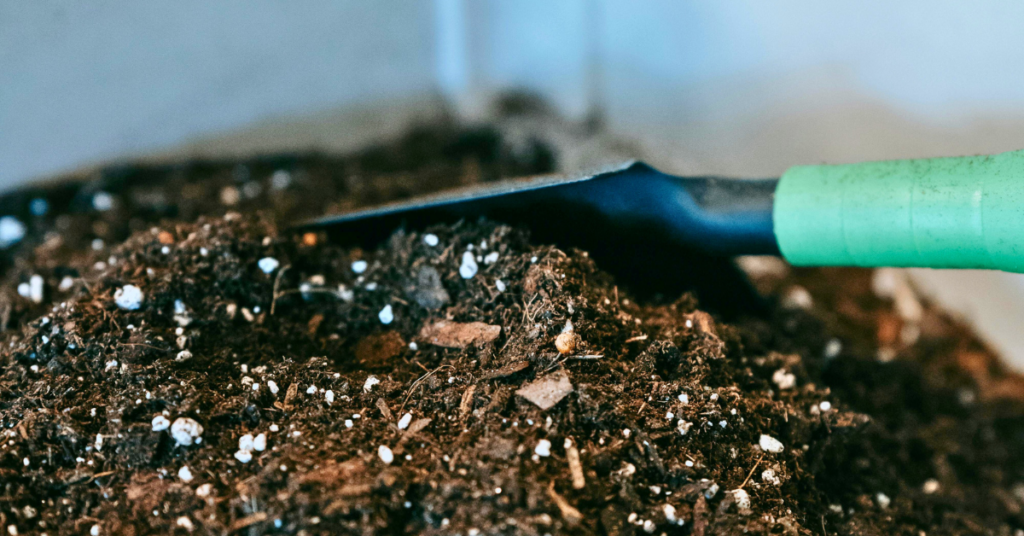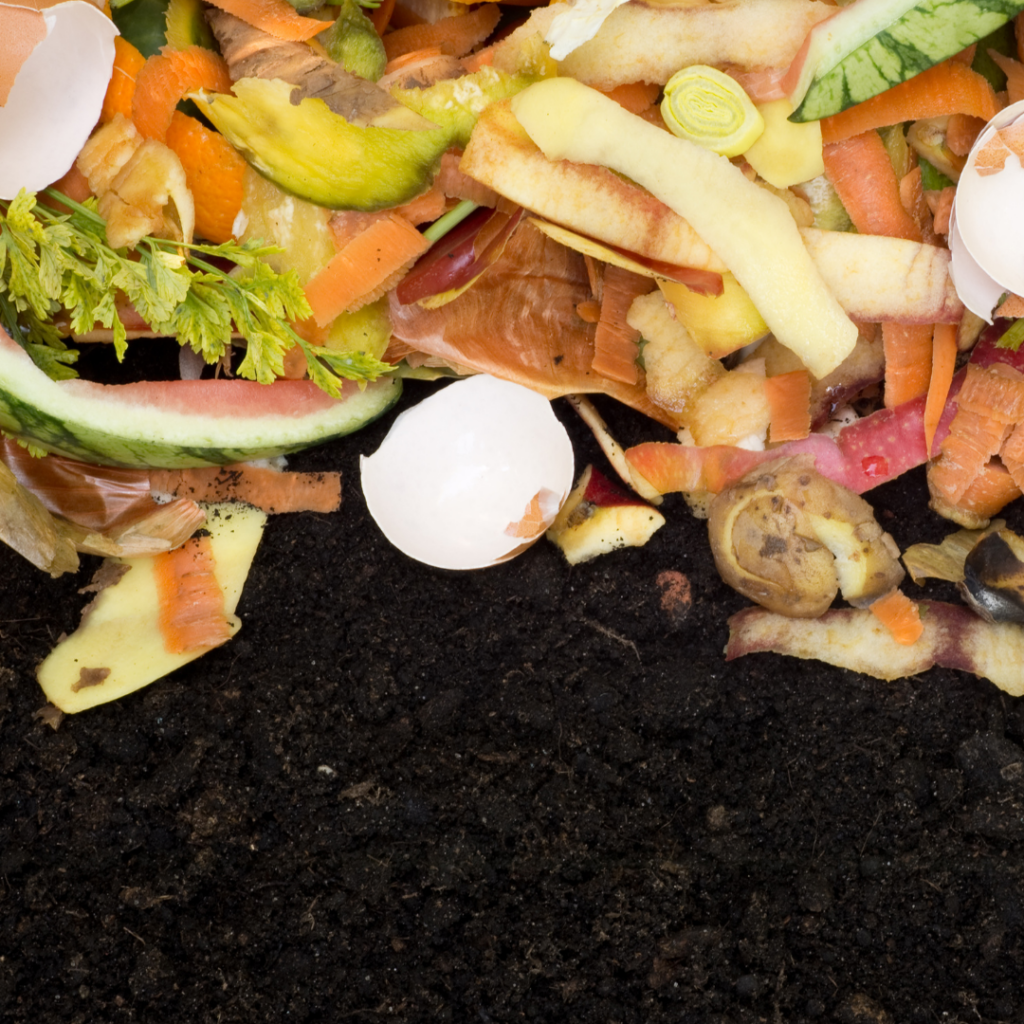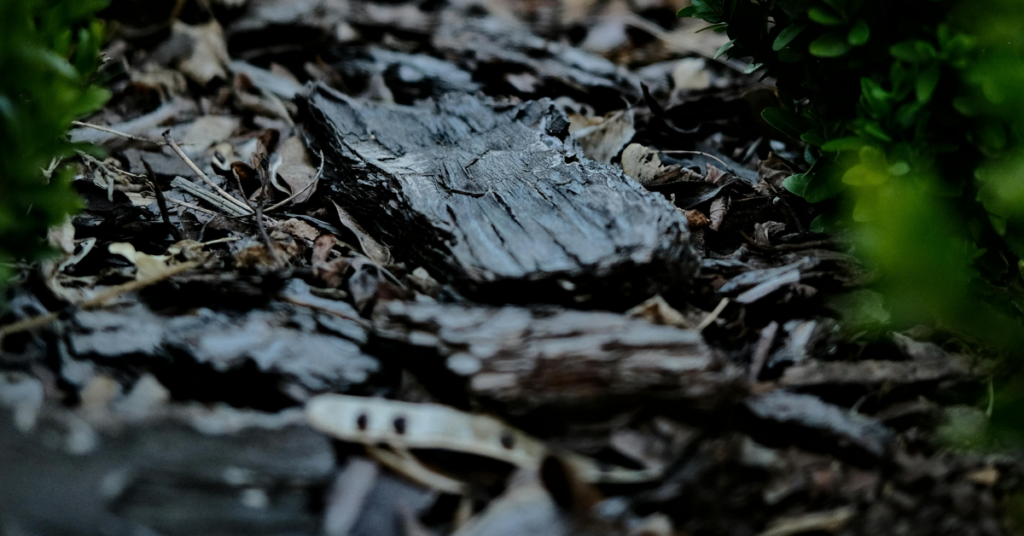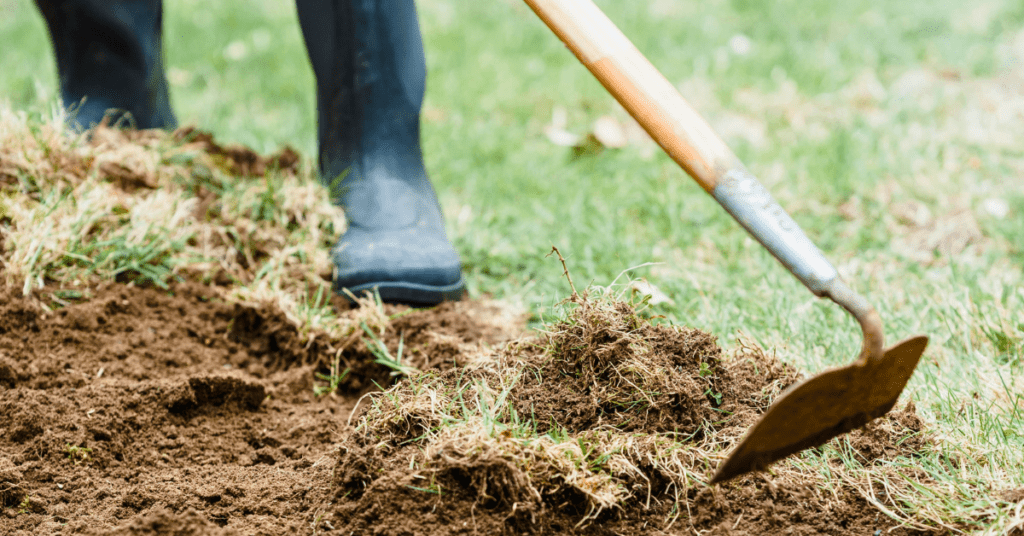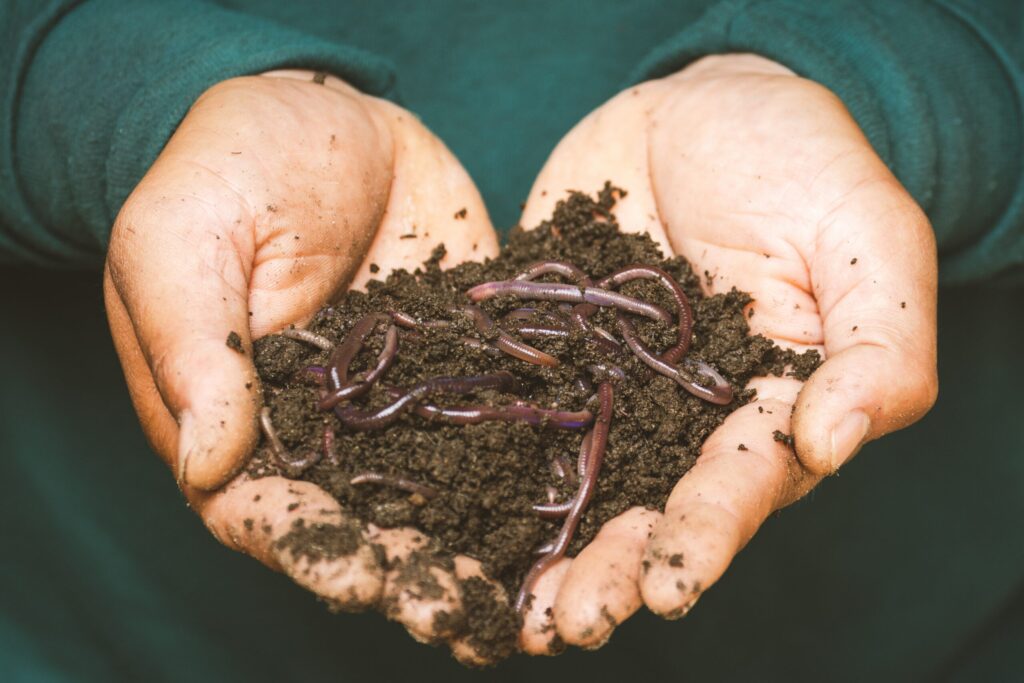GETTING STARTED
How does Denver’s Compost work?
The organic waste collected by Denver is sent to a commercial composting facility, operated by Waste Management (WM). There, organic material is broken down and composted in an oxygen-rich environment to create a nutrient-rich product. After the composting process, WM tests and sells the final product back to Denver residents, landscapers, and agricultural producers for use on farms and home gardens to help create healthier soil. Compost can be purchased in bulk directly from the Denver Arapahoe Disposal Site facility, and bagged compost can be found at most garden and hardware stores.
If you’re a Denver resident and you use the city’s solid waste collection services, take advantage of Denver’s composting program to support healthy soils, reduce landfill waste and create a healthier environment.
What should I put in my green compost cart?
All food scraps, yard waste and small CMA approved compostable bags are accepted in Denver’s green compost carts. Paper products, cardboard and other compostable packaging items are not accepted in Denver’s carts, but most paper products can break down in a backyard bin. Unlike backyard composting, meat and bones are accepted in Denver’s compost carts. Make sure branches or yard debris are smaller than 4 feet in length and less than 4 inches in diameter.
Learn more about what belongs in your compost cart at Denvergov.org/compost.
How can I get started?
Weekly compost service is included in Denver’s solid waste services at no additional cost. Compost carts are available in two sizes —65 or 95 gallons. To get started, every new compost customer will receive a kitchen pail and compost guide with their green cart. Call 311 or visit your Denver Utilities Online Account at Denvergov.org/utilities to join the green cart initiative and start composting today!

